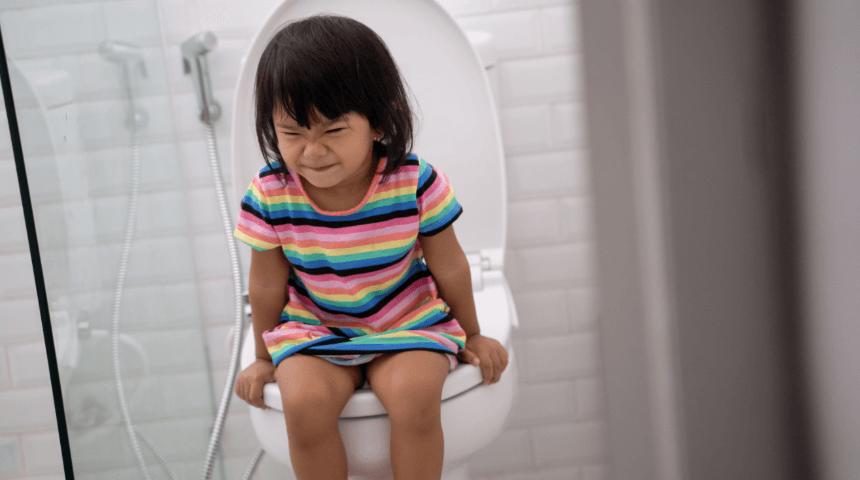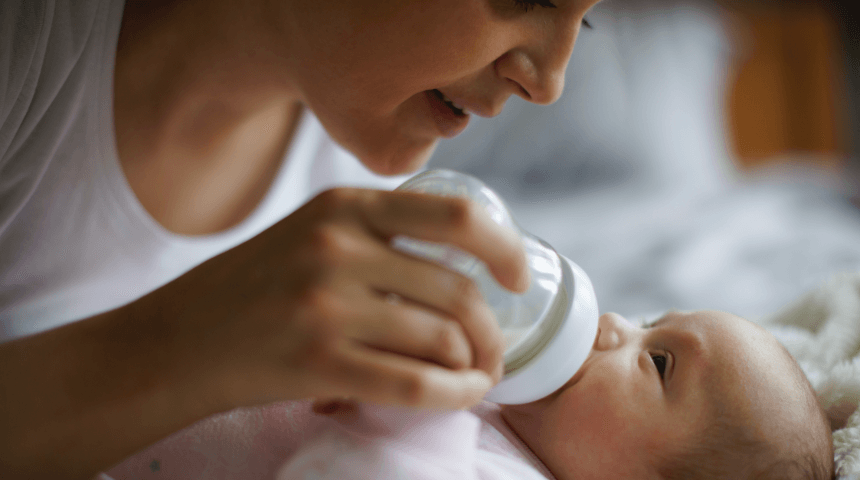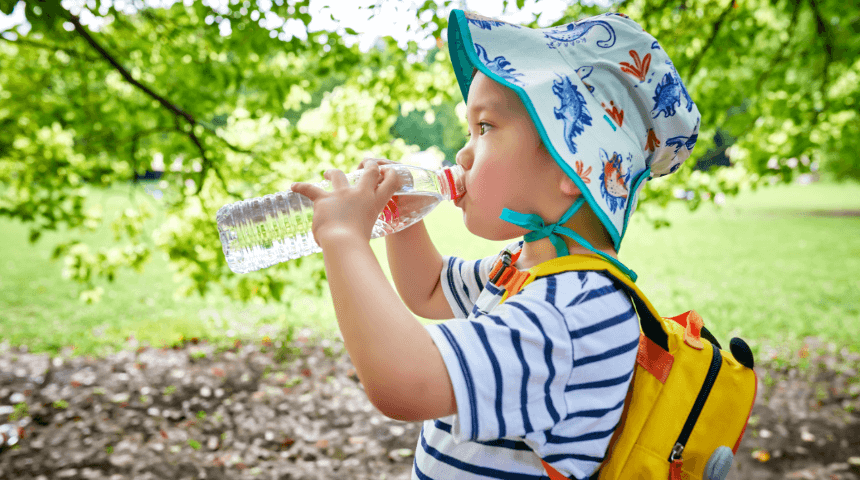5 Conversations You Should Have Before Sending Your Child to College
Every August and September, parents and kids everywhere prepare for the first day of school. While the first day of school is always a big deal, there are few first days bigger than the first day of college. If your (big) baby is starting their first semester at a higher education institution, you know there is a lot to do – packing, unpacking, registering for classes and meeting new people are just a few items on a very long list. If you haven’t had these conversations with your college-bound son or daughter, make sure you add these discussions onto your to-do list.
Sexual Safety
Discussing sexual safety is never item number one on the “fun things to talk about” list. No one wants to have this conversation, but it’s imperative that we do. If you already have talked with your son or daughter about appropriate dating relationships, staying safe and being respectful, good for you! If you haven’t, now is a good time to do so.
The truth is, both our daughters and sons are at risk of being assaulted. According to the National Sexual Violence Resource Center, one in five women and one in 16 men are sexually assaulted while in college – and those are just the cases that are reported. Our sons and daughters need to know how to keep themselves as safe as possible. Sexual assault is never the victim’s fault, but there are things that any young person can do to decrease the likelihood that they could be victimized.
Talk with your child about being responsible for themselves. If your son or daughter is going to go out and socialize (and most college students do), they may be offered alcohol or drugs at some point. Speak honestly about knowing their limits and the dangers of accepting drinks or drugs from others. Encourage them to seek out a group of people they can trust so that they can all look out for each other. Teach your son or daughter about respect for themselves and others and make sure that they understand what consent, assault, force, rape and the word “no” really mean.
Drugs
On most college campuses, drugs and alcohol are not hard to find. Talk with your child about the risks associated with drug use. The reality is that many students experiment with drugs or alcohol either before or during college. For some, experimentation remains just that. But for others, trying different substances can open the door to dangerous habits that can lead to addiction. Some of these reminders might be the same things you’ve been saying for years: don’t drink and drive, don’t get into a car with someone under the influence, etc. It doesn’t matter if you’ve already said them – keep saying them! While our children might get annoyed, they also will know that we love them and want them to be safe.
Protecting Themselves and Their Stuff
College campuses are large, open areas where people congregate and move around all day and often late into the night. Provide your son or daughter with the resources they need to keep themselves and their belongings safe. Car alarms, bike locks, and insurance for expensive items such as mobile devices are good ways to keep belongings safe.
When you are on campus with your child, take note of where they live, as well as where classes are located and when they are scheduled. Roaming around campus to get to a 2 p.m. class is usually no big deal – there are people everywhere – but schedules don’t always work out quite so perfectly. Make sure your child downloads apps that are designed to keep them safe. Encourage them to use campus security and to travel in a group whenever possible.
Be Fiscally Smart
If you haven’t already done so, explain to your child how credit cards work. Make sure they have a good grasp on earning, saving, spending, wanting and needing, and the differences between all of them. Let them know that a credit card in their name means that they are responsible for the charges they accrue, and if they can’t pay for what they buy, it will have a lasting effect on their credit history for years to come.
Home Rules Still Apply
Encourage your child to always lock doors and windows, and not allow people into their space if they do not know them. It is not safe to assume that everyone is trustworthy, and students should reach out for help immediately if they feel that something is wrong. Encourage them to get to know their resident assistant (RA) if they live on campus and make sure they have the contact info for their local and campus police departments.
After all these safety warnings and “be carefuls,” your child might feel a little overwhelmed. Turn this conversation of “have fun, but not too much fun” into a positive experience by reminding them how proud you are of their accomplishments. They have officially made it to the next level of learning, and that is no small feat. Encourage them to spread their wings and to find out who they are and what they are passionate about. Encourage them to enjoy themselves and their new-found freedom – and don’t forget to enjoy your new found freedom too!
Are You Interested in Learning More?
Sign up for our e-newsletter for more tips and best practices from pediatricians.
Sign Up Here










